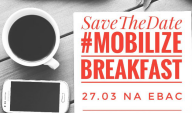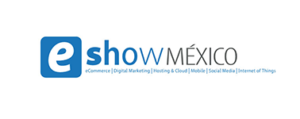- What We Do
- Why We're Different
- Who We Are
Datami enables enhanced mobile engagement for brands while allowing operators to scale their mobile marketing business, and consumers to access and earn mobile data. By combining real-time customer data from operators and brands with an unparalleled range of network-aware mobile marketing solutions, our platform delivers sharp increases in click-thru rates and in-app daily active usage and conversion.
We align the needs of brands, operators and consumers to deliver on our vision: Mobile data for everyone.
We have already developed close partnerships with tier-one operators across six continents, serving more than 1.3 billion consumers. These partnerships - growing in number all the time - give us unrivaled access to premium targeting attribution criteria. Our industry-leading, network-aware mobile marketing platform supports more than 350 use cases that enhance brand engagement activities; including sponsored data, data rewards, sponsored mobile advertising and video, and BYOD split billing. Mobile operators benefit from the ability to scale their advertising, wholesale and B2B businesses, while increasing ARPU and accelerating monetization of new digital services.
Our unique ability to blend operator data, brand data, and proprietary technology allows us to drive a new level of brand engagement.
We are a group of mobile network, internet, and marketing experts that create mobile marketing solutions which enable brands to amplify their connection with mobile customers. We believe mobile data should be for everyone and we understand that, for mobile marketing to succeed, everyone has to benefit. Our solutions are designed to meet the needs of brands, advertising agencies and mobile operators, and most importantly, data-hungry mobile customers.
Datami is headquartered just outside bright and beautiful Boston and have teams across the globe, including our development center in Bangalore.

Sponsored Data can also be used to serve the greater good, by bridging digital inequalities that exclude 3.9 billion people worldwide from Internet access. Learn more about the Reach for All Impact Initiative.



Brands

Operators

Consumers

Enterprises

Increase
Clicks

Higher
Impressions

More
Installs

Broader
Reach

Higher
Transactions

Higher
Loyalty

More
Video Views

More
Purchases
Data
Rewards
Advertising
Split-billing
Billing
Targeting
Network BI
Analytics
Locker
Gateway
Portal
Portal
Cloud
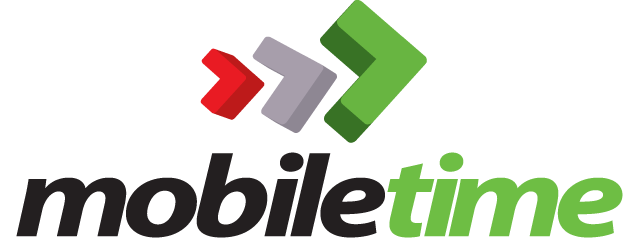
Read more
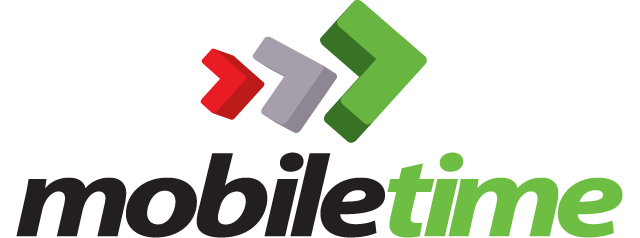


Read more

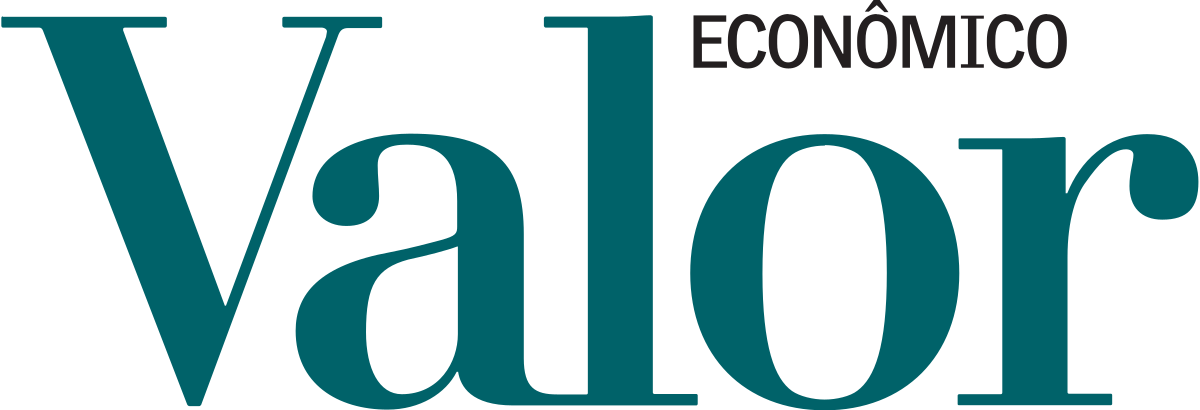
Read more
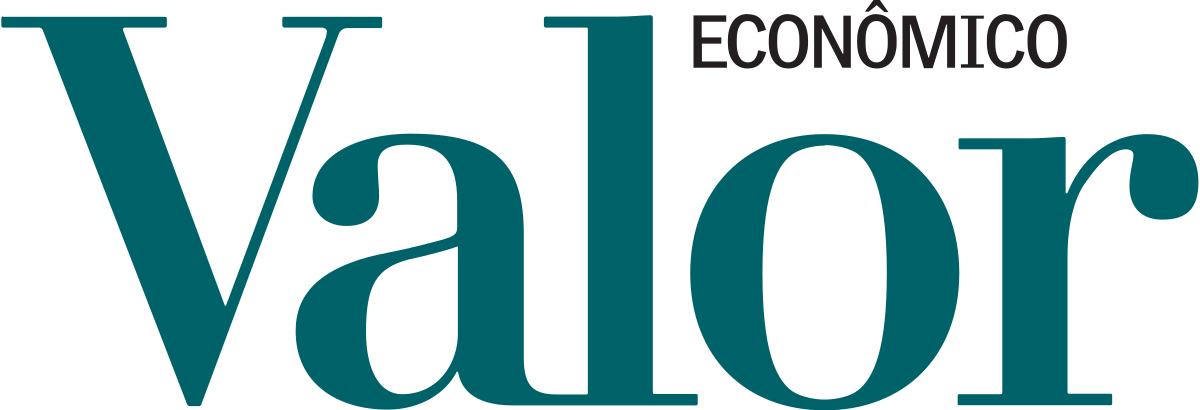


Read more

Read more



Read more



Read more




Read more

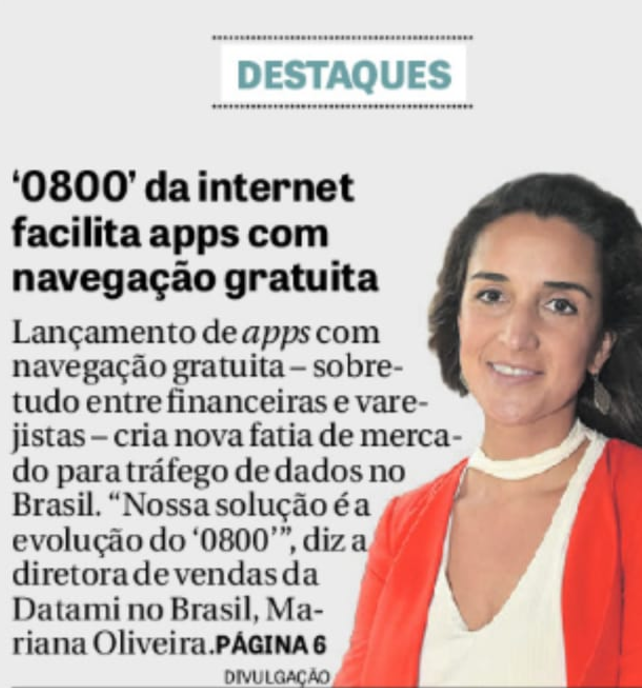
Read more
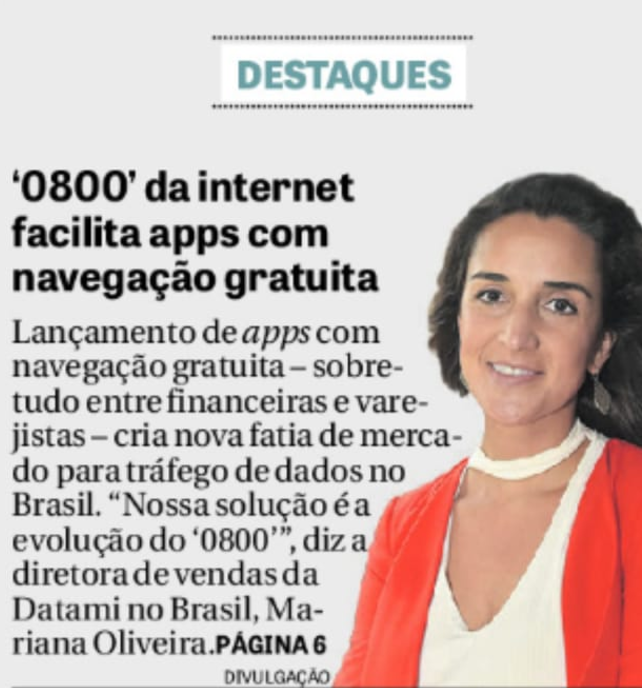


Read more

Read more

Read more

Read more
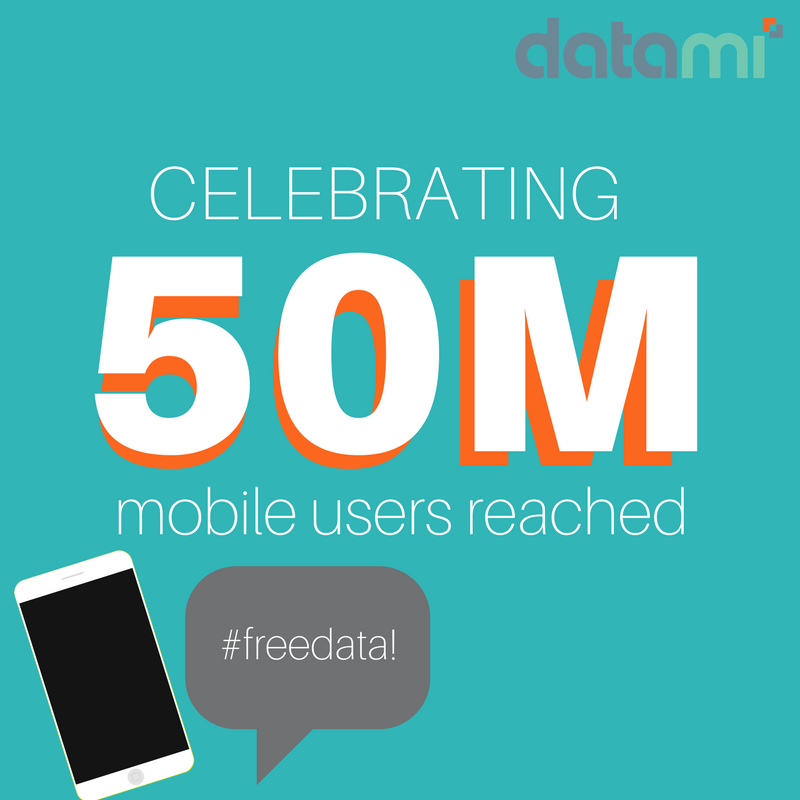
Read more

Read more

Read more
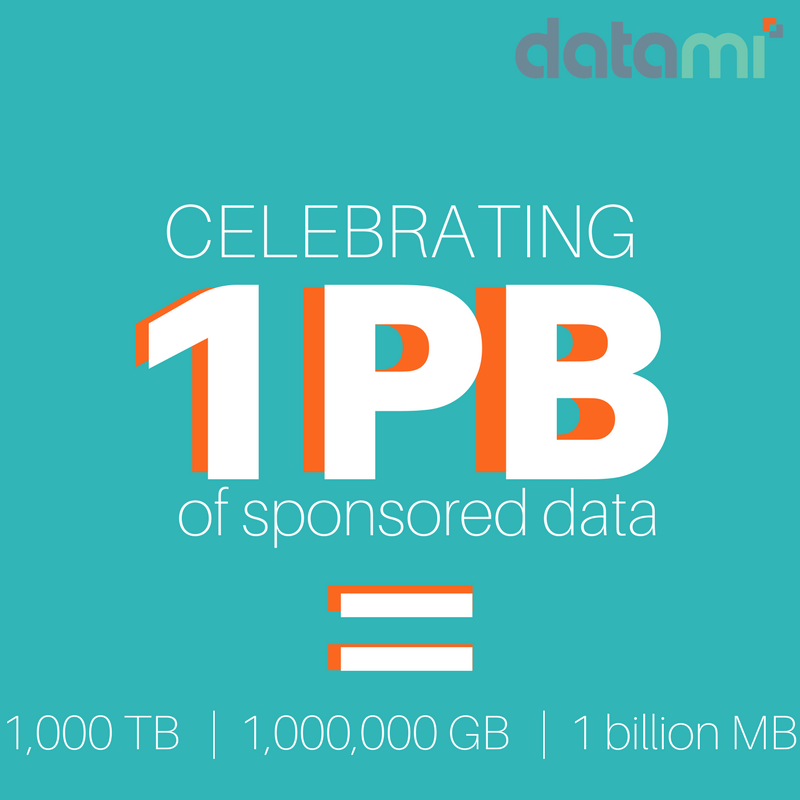
Read more
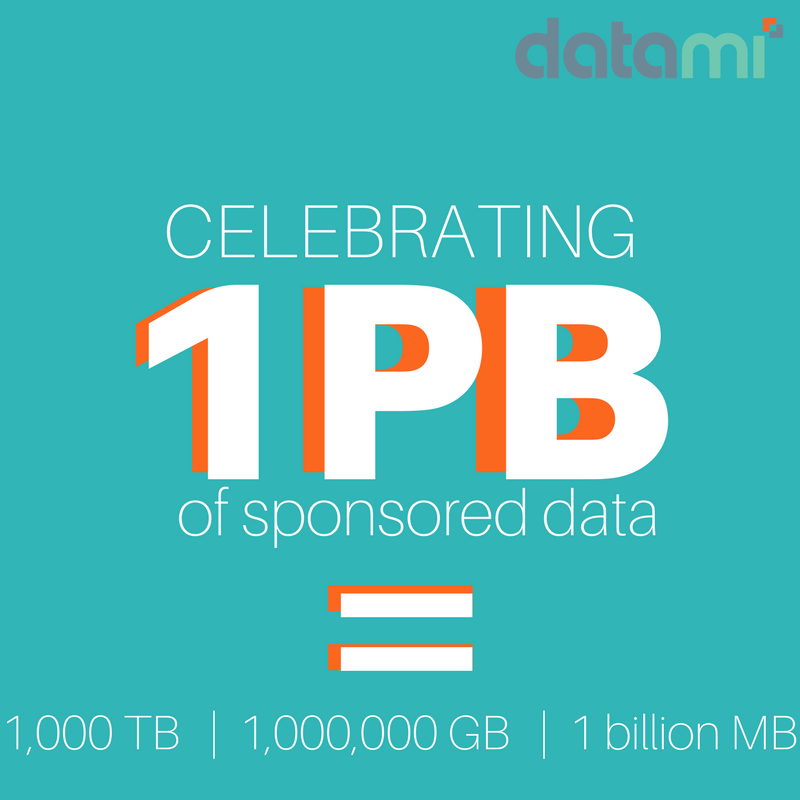
Read more
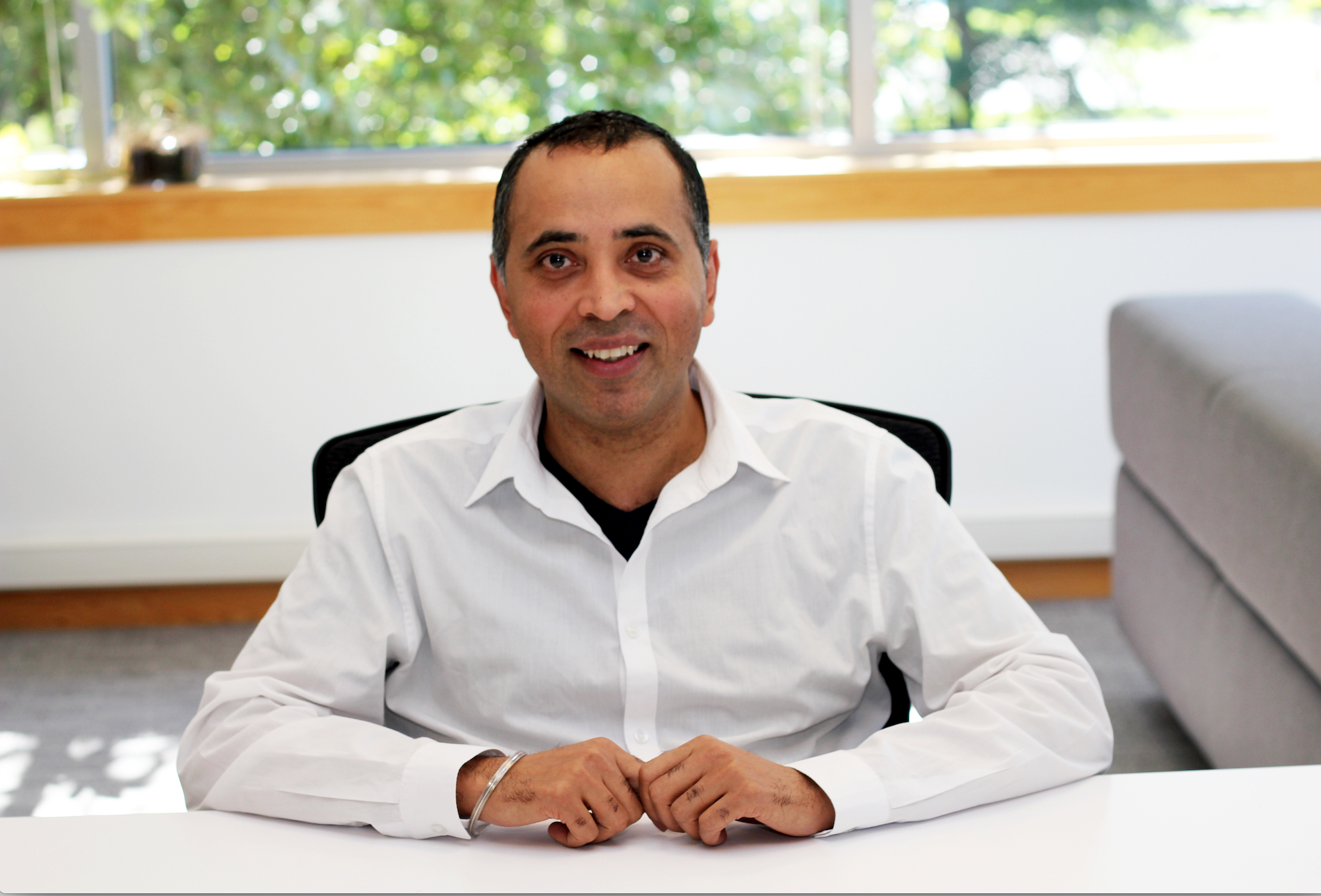
Read more
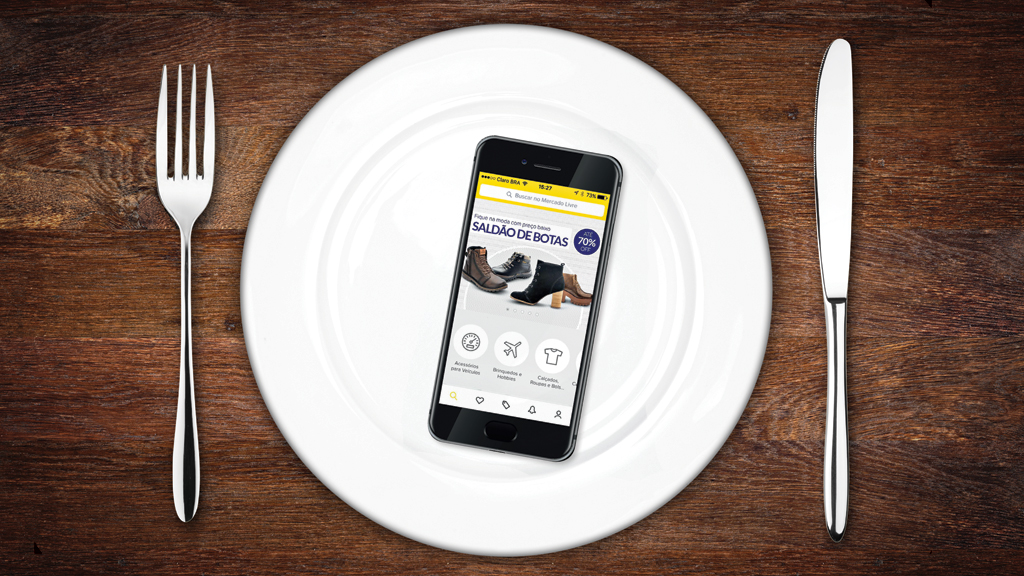
Read more

Read more

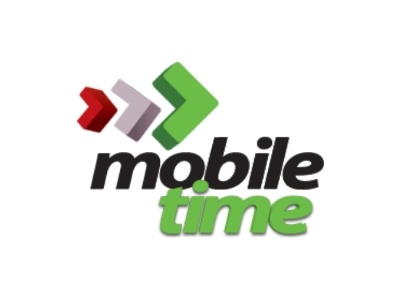

Read more

Read more
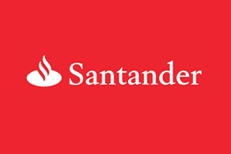
Read more

Read more
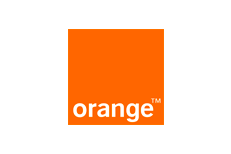
Read more
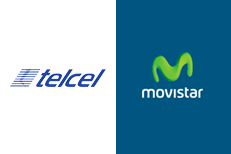
Read more
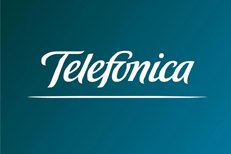
Read more
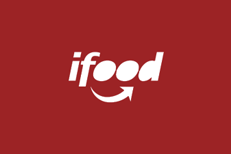
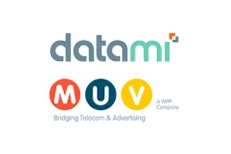
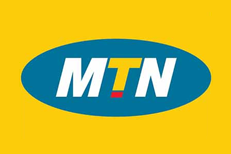
Read more
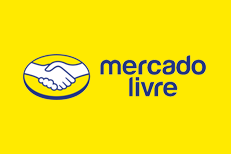

Read more

Read more

Read more
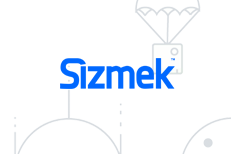
Read more
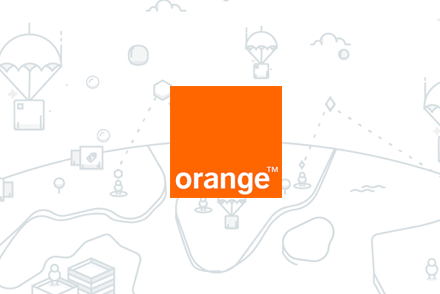
Read more

Read more

Read more
- Leadership
- Board & Advisors
- Team
-
 Harjot SalujaPresident and CEO
Harjot SalujaPresident and CEO -
 Jagan ShantigramCTO
Jagan ShantigramCTO -
 Harsh SaxenaCOO
Harsh SaxenaCOO -
 Marcelo LeonSales Director, LATAM
Marcelo LeonSales Director, LATAM
-
 Harjot Saluja
Harjot Saluja -
 Jagan Shantigram
Jagan Shantigram -
 Mung Chiang
Mung Chiang -
 Jeff Samberg
Jeff Samberg -
 Wim Sweldens
Wim Sweldens -
 Marcus W. Brauchli
Marcus W. Brauchli -
 John M. Cioffi
John M. Cioffi -
 Brian O'Kelly
Brian O'Kelly
-
 Dr. T. Russell Hsing
Dr. T. Russell Hsing -
 Reed Hundt
Reed Hundt -
 Bryan Rutberg
Bryan Rutberg -
 Iyad Tarazi
Iyad Tarazi -
 Strauss Zelnick
Strauss Zelnick -
 Jake Mass
Jake Mass -
 Donald H. Wang
Donald H. Wang -
 Elizabeth Chambers
Elizabeth Chambers
-
 Laurent Leboucher
Laurent Leboucher -
 Harmeen Mehta
Harmeen Mehta
-
 Abhilash Ramachandran
Abhilash Ramachandran -
 Abhishek Agrawal
Abhishek Agrawal -
 Abhishek Kumar
Abhishek Kumar -
 Ajay Kumar Kayak
Ajay Kumar Kayak -
 Ambika Pillai
Ambika Pillai -
 Anil Kumar
Anil Kumar -
 Arul Kumar
Arul Kumar -
 Avi Chopra
Avi Chopra
-
 Baba Saheb
Baba Saheb -
 Cyan Herrara
Cyan Herrara -
 Damandeep Singh
Damandeep Singh -
 Devisetti Deekshitha Nageswara Rao
Devisetti Deekshitha Nageswara Rao -
 Diwakar Bhardwaj
Diwakar Bhardwaj -
 Harjot Saluja
Harjot Saluja
-
 Harsh Saxena
Harsh Saxena -
 Henrique Maria
Henrique Maria -
 Jagan Shantigram
Jagan Shantigram -
 Julia Metcalf
Julia Metcalf -
 Julienne Pearson
Julienne Pearson -
 Karthik M
Karthik M
-
 Karthik R Pai
Karthik R Pai -
 Krishna Mishra
Krishna Mishra -
 Kuna. L. P. Hanuma
Kuna. L. P. Hanuma -
 Marcelo Leon
Marcelo Leon -
 Murari Janardhan
Murari Janardhan -
 Pawan Bawankar
Pawan Bawankar
-
 P Anand Kumar
P Anand Kumar -
 Prateek Gupta
Prateek Gupta -
 Raghu Muninanjappa
Raghu Muninanjappa -
 Rajeev Mishra
Rajeev Mishra -
 Ramkumar Chandrasekaran
Ramkumar Chandrasekaran
-
 Ravikirana B S
Ravikirana B S -
 Rich Gastwirt
Rich Gastwirt -
 Rohit Mohan
Rohit Mohan -
 Sameer Kumar Sahu
Sameer Kumar Sahu -
 Sreeharsha S
Sreeharsha S -
 Srinivasa Bapatla Veera
Srinivasa Bapatla Veera
-
 Stephanie Walsh
Stephanie Walsh -
 Sujith Kumar Aanand
Sujith Kumar Aanand -
 Tej Bisht
Tej Bisht -
 Thilagavathi Ramasamy
Thilagavathi Ramasamy -
 Vikesh Kumar
Vikesh Kumar











